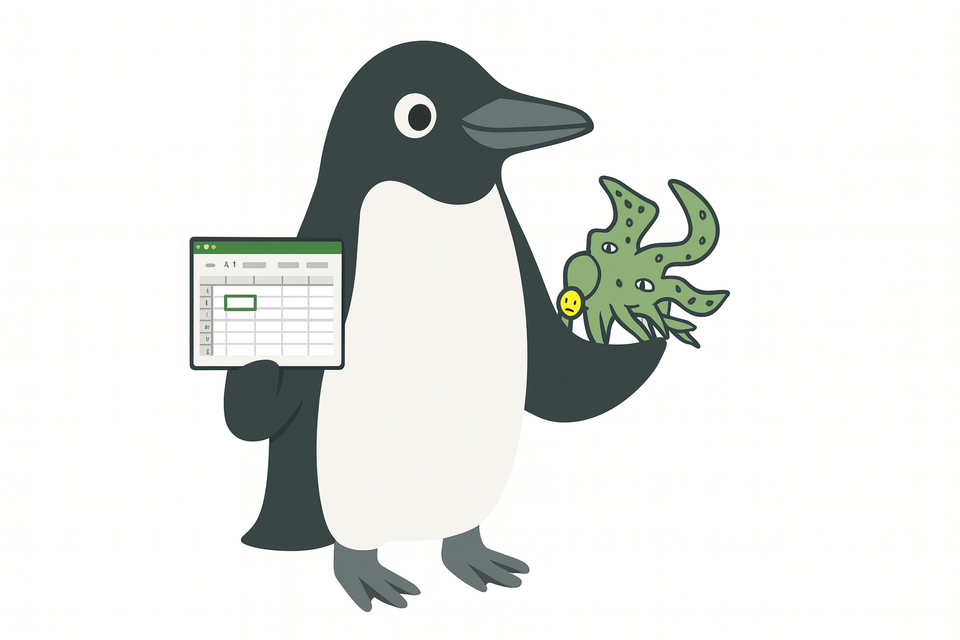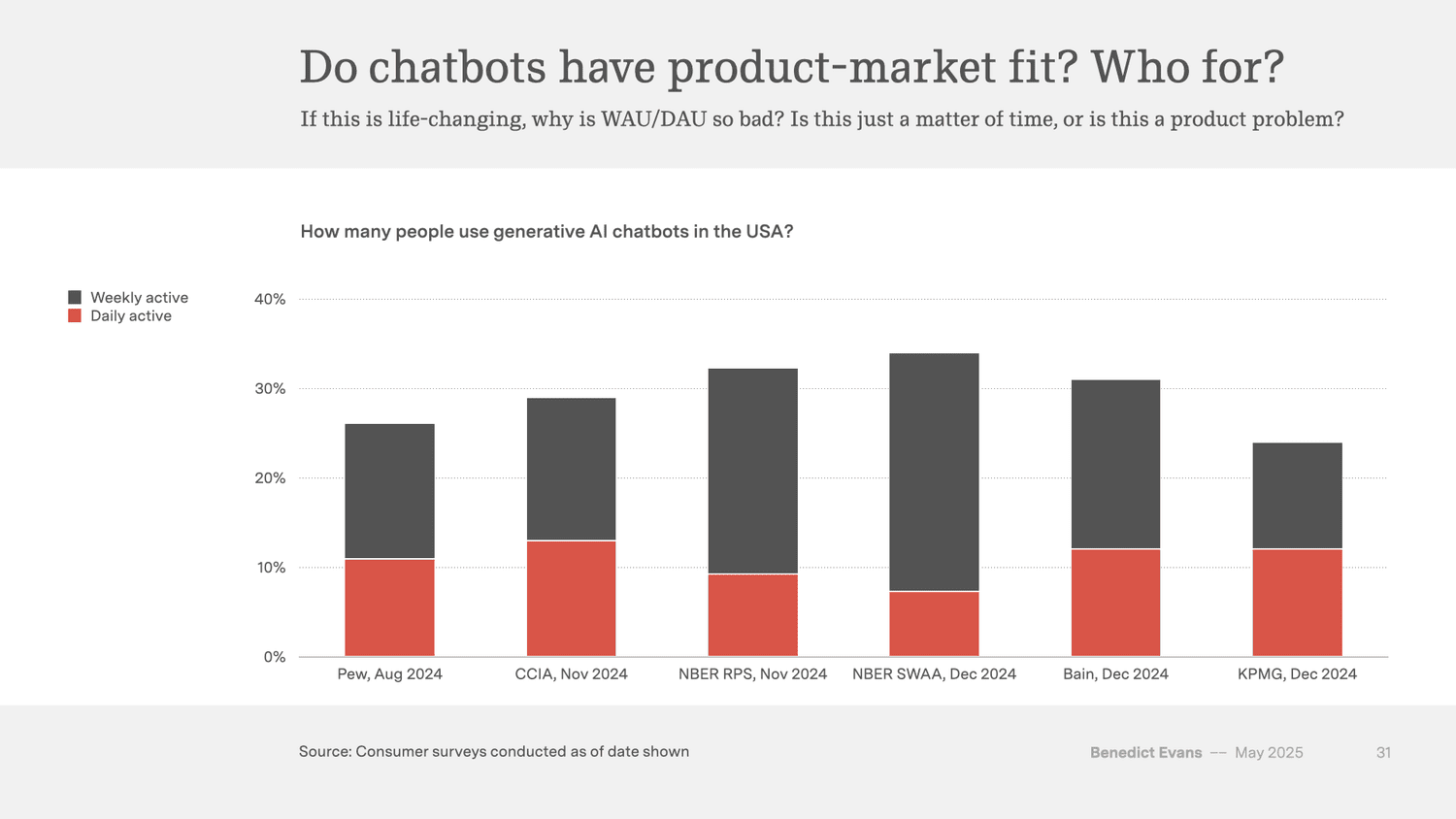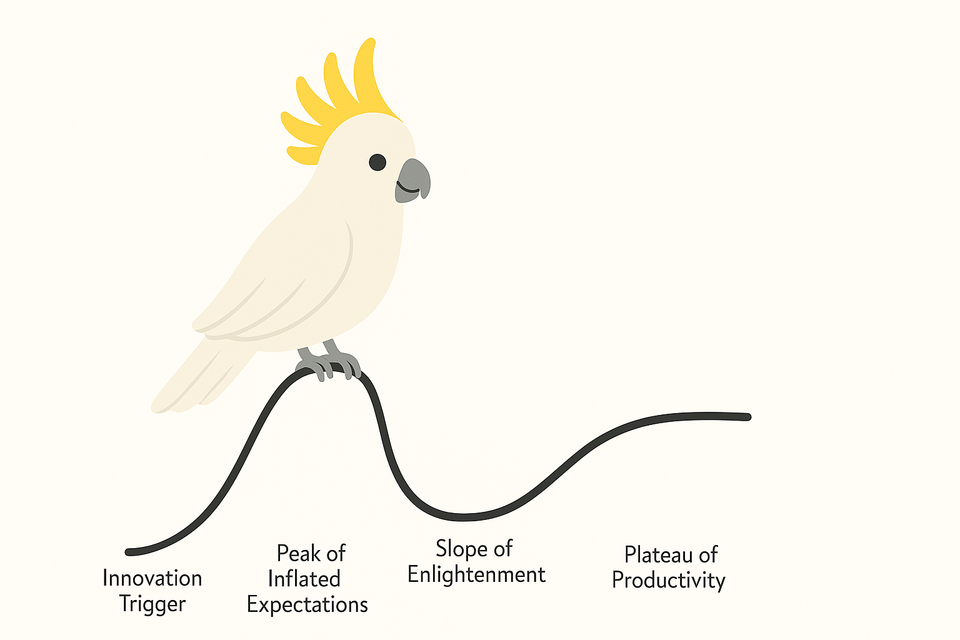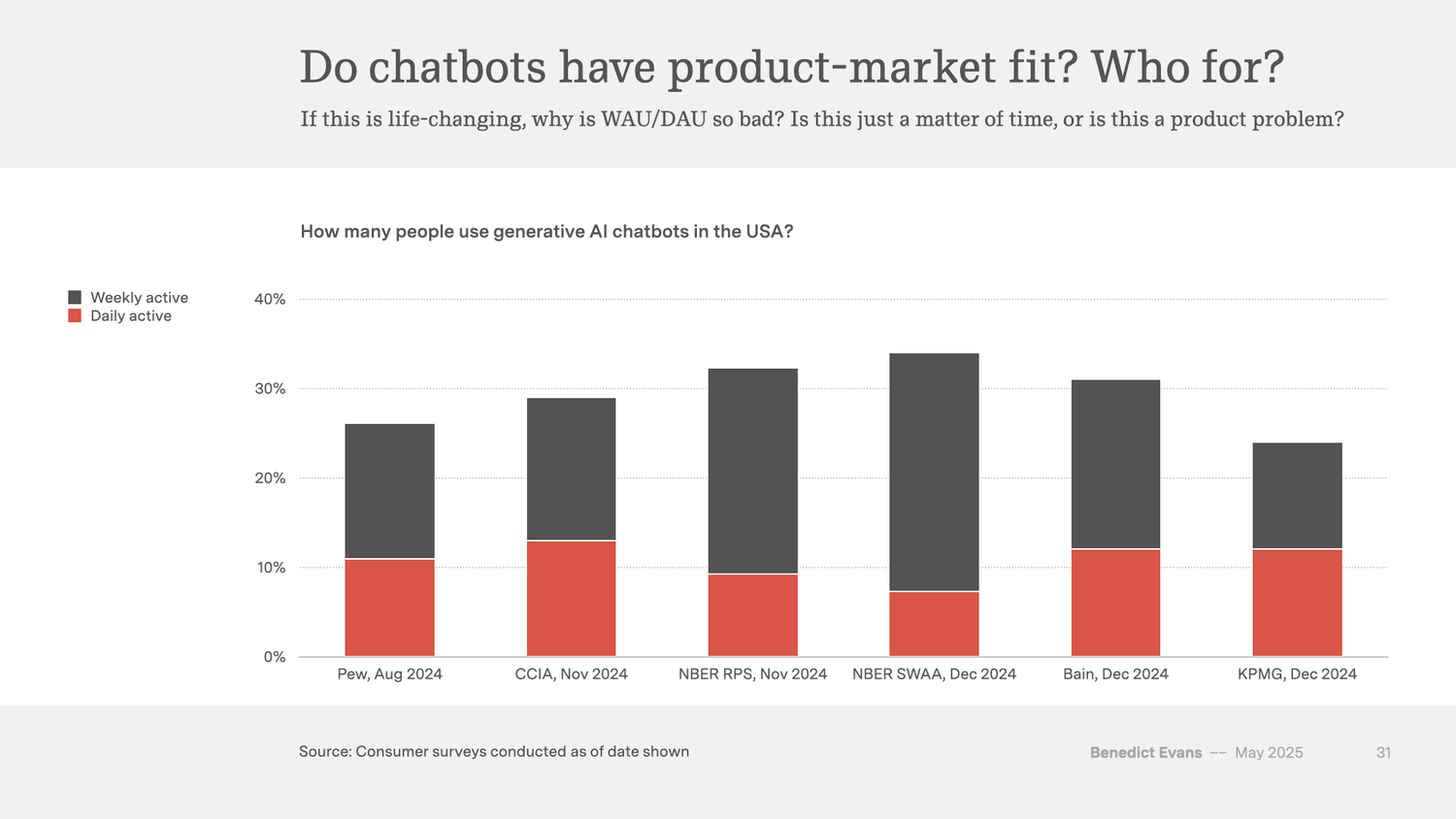Festive season recipe

No tech or AI today, just something I really enjoy at this time of year.
One of my favourite desserts to make is the humble tiramisu. I love it because it is so simple and has such a lovely mix of textures and flavours. It is also a bit of a crowd pleaser, there aren't many people who don't enjoy a good tiramisu!
In my opinion the secret to a good tiramisu is in:
- Good savoiardi biscuits that have been soaked just the right amount in the coffee/alcohol (not dry, not completely falling apart)
- A really light and fluffy mascarpone mix
- good quality dark chocolate for the top
There are many different recipes out there and many of them are great, traditionalists will say that the mix should be just mascarpone and eggs, no cream! I have tried that version and it is also very good, especially if you have good quality fresh eggs, but I do tend to cheat a bit and add some cream as well. I find that it does lighten things a bit.
Another thing purists will quibble on is what alcohol to use. The most traditional version uses marsala wine, a sweet fortified italian wine. I have also heard that traditional versions will use just Amaretto or Frangelico. My thinking is that I want to have some sweetness to come from the alcohol itself, but pure frangelico or the like can be a bit too sweet, so I tend to mix half grappa and half something sweet. The Nutty flavour of frangelico or amaretto is great, I also like to use something like Mac (a macadamia liqour) for an Australian twist.
The savoiardi biscuits should be italian, something like the Vincenzi ones. Nothing fancy, just the plain ones with the sugar on top. I have tried some Australian brands and the texture is just not right.
Lastly the coffee. I know some people use instant but don't do that. Ideally if you have an espresso machine make a batch of long blacks and use that. Or if you have a stove-top mokka machine use that. Last option would be plunger. But do use good strong coffee, you want to be able to taste it. Worst case go to your local cafe and order two long blacks. But instant just doesn't cut it.
So here is how I do it:
Ingredients
- 1 packet savoiardi
- 1 tub mascarpone (250g) - Formaggio zantti or Montefiore Mascarpone
- 2 eggs, yolks seperated
- 3/4 cup whipping cream
- 70g caster sugar
- Splash of vanilla extract
- 1.5 cups strong black coffee (see note)
- Grappa
- Nutty liqour - Mac/Frangelcio/Amaretto
- Good quality cocoa for dusting
- Grated dark chocolate - Lindt 70%/85%
Instructions
- Beat the egg yolks with the sugar until the mixture becomes very pale and thick, 5-7min
- Add vanilla and mascarpone, beat into the mixture until it is well combined and light
- In a clean bowl whisk the egg whites until stiff. Don't go overboard and split the whites. You can add a small pinch of salt to help them along
- In yet another bowl whip the cream until it is light and fluffy
- Slowly fold in the egg whites and cream into the mascarpone and egg mixture. You want to keep as much air as possible so it stays really light
- In a tray, mix your black coffee and alcohol. Some recipes will say 1-2 tablespoons. This is not tiramisu for ants, go big or don't bother. You need at least 1/4 cup total 😃
- Now get your savoiardi and dip them into the coffee mix making sure to get both sides. The trick is to not over-soak them so they fall appart, but to not be so fast you end up with a dry centre. I usually wear those disposable gloves for this step so my fingers don't smell like coffee for the rest of the day
- Now comes the layering, you can either do individual tiramisus in short glasses, or use a medium size glass tray (20x35cm-ish)
- Place a layer of the soaked savoiardi on the bottom, then using a spatula or large spoon put a layer of the mascarpone-cream on top
- Then repeat for the next layer. You should aim to get 2 layers of savoiardi and 2 of mascarpone
- Use your spoon or spatula to press the mascarpone into every corner of the tray and around all the savoiardi. Smooth out the top
- You can put this as it is, covered, into the fridge and leave it for a few hours or overnight. It actually tastes better then if served straight away as the coffee/alcohol has time to soak in fully and mix in with the mascarpone layers a bit
- When you are ready to serve, grate one or two squares of the lindt (you don't need much, it seems to expend when grated) and sprinkle over the tiramisu, then use a small sieve to sprinkle the cocoa on top of this
- Cut into whatever size rectangles or squares take your fancy and serve straight away!
I hope you like it as much as I do. Enjoy!








